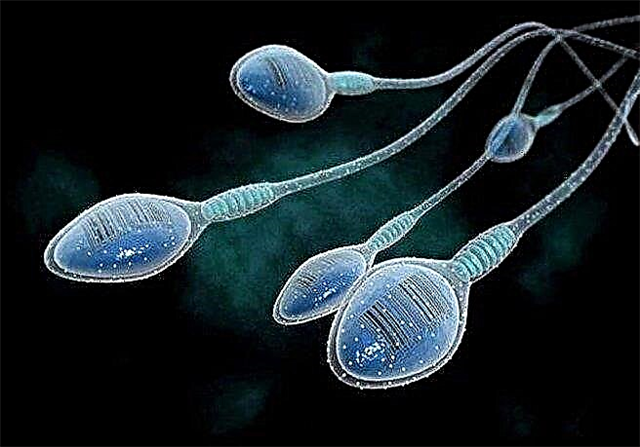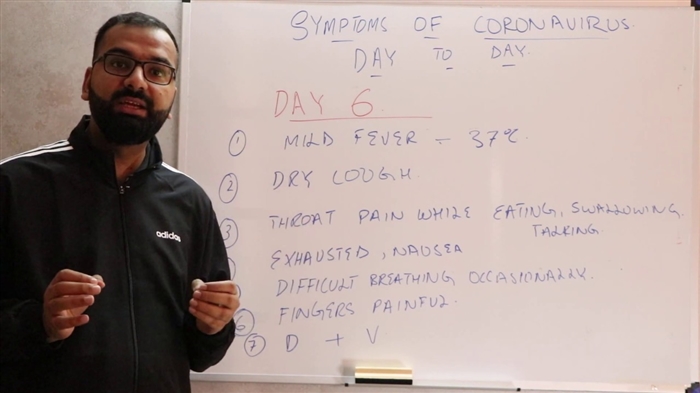
A child who has not yet been born can do a lot. He breathes and sucks on his fist, plays with the umbilical cord, sleeps, smiles and even hiccups. You will find out why hiccups appear in a child in the womb by reading this article.

How is it going?
The child hiccups in the same way as each of us - rhythmically, at regular intervals. The small body shudders when the diaphragmatic septum contracts. A baby can hiccup for five minutes or an hour. Hiccups can be repeated at any time of the day. Some women begin to feel the baby's hiccups at 26 weeks, while others only a couple of weeks before giving birth. This is a very individual moment.
In most cases, children's hiccups are not considered a pathology, although the exact reasons for its appearance are still a big medical mystery, to which there is no exact answer. Highlighted only the hypothetical reasons for the occurrence of such a phenomenon.


Lack of information gives rise to a lot of myths. Some pregnant women (and even their doctors) seriously argue that hiccups can be an indirect sign of fetal hypoxia. Hypoxic hiccups do not exist in medicine, and the very connection between hiccups and lack of oxygen seems to sane people rather doubtful.
Hiccup does not harm the development of the child, does not affect his well-being and current state, does not lead to developmental defects. The baby is not worried about pain.

Causes
There are several versions of the origin of intrauterine hiccups, but many doctors believe that the swallowing of amniotic fluid, which is filled with the fetal bladder and in which the baby "floats", is to blame.
The swallowing reflex is one of the first to form, and therefore there is nothing surprising in this behavior of the baby. It has been scientifically proven that a child from 10-12 weeks of pregnancy actively opens his mouth, sucks his fingers and can, at the same time, swallow a certain amount of water.
If you swallow too much, there is a slight hyperextension of the stomach, and after a while the child regurgitates excess fluid - in almost the same way as he will do after birth. Failed regurgitation is considered the most common cause of hiccups.


The sucking reflex begins to manifest itself especially intensively in late pregnancy. The kid can begin to make such movements even if there is no finger in his mouth. For example, the sucking reflex "works" when the umbilical cord touches the mouth or cheek of the baby. As a result, amniotic fluid is swallowed more intensively. This irritates the diaphragm and hiccups begin.
In the later stages, the tightness in which the baby is in the womb also plays a role. He's already big enough and very uncomfortable. Therefore, the internal organs of the crumbs are in a somewhat compressed state. An uncomfortable posture that a mother can take also makes its own adjustments to the well-being of the baby.
An unverified and not scientifically proven, but very curious reason - the taste of amniotic fluid. If the mother ate sweets, the water tastes good, and babies from the 20th week perfectly distinguish tastes. The crumb swallows such water on purpose.


Hiccups (especially in the later stages) are an excellent "workout" for the lungs and diaphragm. There is even a theory that hiccups are the child's attempts to make the first breathing movements. How much this version corresponds to reality is difficult to judge, because so far no one has been able to either confirm or refute it.
It is reliably known that hiccups in adults are associated with tremors of air, and in children who have not yet been born - with the expulsion of fluid, since there is no air in their lungs yet, and therefore the question of breathing training cannot be considered unambiguous.
There is still debate about the lack of oxygen and the connection between hypoxia and hiccups. Opponents of the theory argue that the concepts are not interrelated, because all babies hiccup - even those who do not suffer from hypoxia. However, doctors, just in case, advise to "listen" more carefully to the behavior of the child.


If the hiccups become more frequent up to 10-15 episodes per day, the baby's motor activity has changed (movements have increased or decreased), the stomach visually began to look smaller - these are mandatory reasons for going to the doctor. And while complaints about fetal hiccups will be far from the most basic.
CTG is an informative method that will dispel or confirm doubts about hypoxia. By the way, in this study, the child's hiccups (if it starts right while the woman is in the obstetrician's office) looks like graphical short-term "peaks", and the computer program automatically considers them not for movements, but for hiccups. And at the same time, the diagnosis of "hypoxia" is not established, even if the little one hiccupped without interruption for the whole hour while the mother was sitting in the sensors.

How to determine?
Distinguishing hiccups from other movements is quite simple. Usually, expectant mothers do not have any difficulties. These are very special sensations that are difficult to confuse with anything. They are rhythmic, light, jerky, concentrated in one place - where the baby is supposed to have a chest.

They are lighter than wiggling and resemble the ticking of a clock, which is why many mothers do not even pay attention to them. Hiccups are much easier to recognize later in pregnancy. Although the baby swallows water already in the first trimester, hiccups appear in all their glory only in the second or third segment of gestation.
What should mom do?
The true reasons why the baby hiccups in the mother's belly remains rather mysterious, but every woman can “calm down” her child and reduce the intensity of the hiccups:
- If a child's hiccups do not go away for more than 15-20 minutes, you need to go out into the fresh air and take a short walk, taking deep breaths and smooth, unhurried exhales.
- If the child begins to hiccup in the middle of the night, a change in body position can help. It is enough to sit or stand, walk a little around the room or take the favorite pose of expectant mothers - knee-elbow.
- If a woman drew attention to the fact that the baby's hiccups are activated after she eats sweet, you should limit the amount of sweets, especially before bed. So there is less chance that the child will start to hiccup in the middle of the night and will not let mom sleep.


- Many babies respond positively to abdominal strokes and quiet conversations. He already knows the voices of mom and dad very well, so you can try to lull a hiccuping baby in this way.
- Do not be nervous and take sedatives. Hiccups in a child are not a pathology, and therefore nothing in this situation needs to be treated or corrected. You can try to "calm down" the baby, if this does not bring results, you do not need to be upset.


See the video for why the baby hiccups in the womb.



